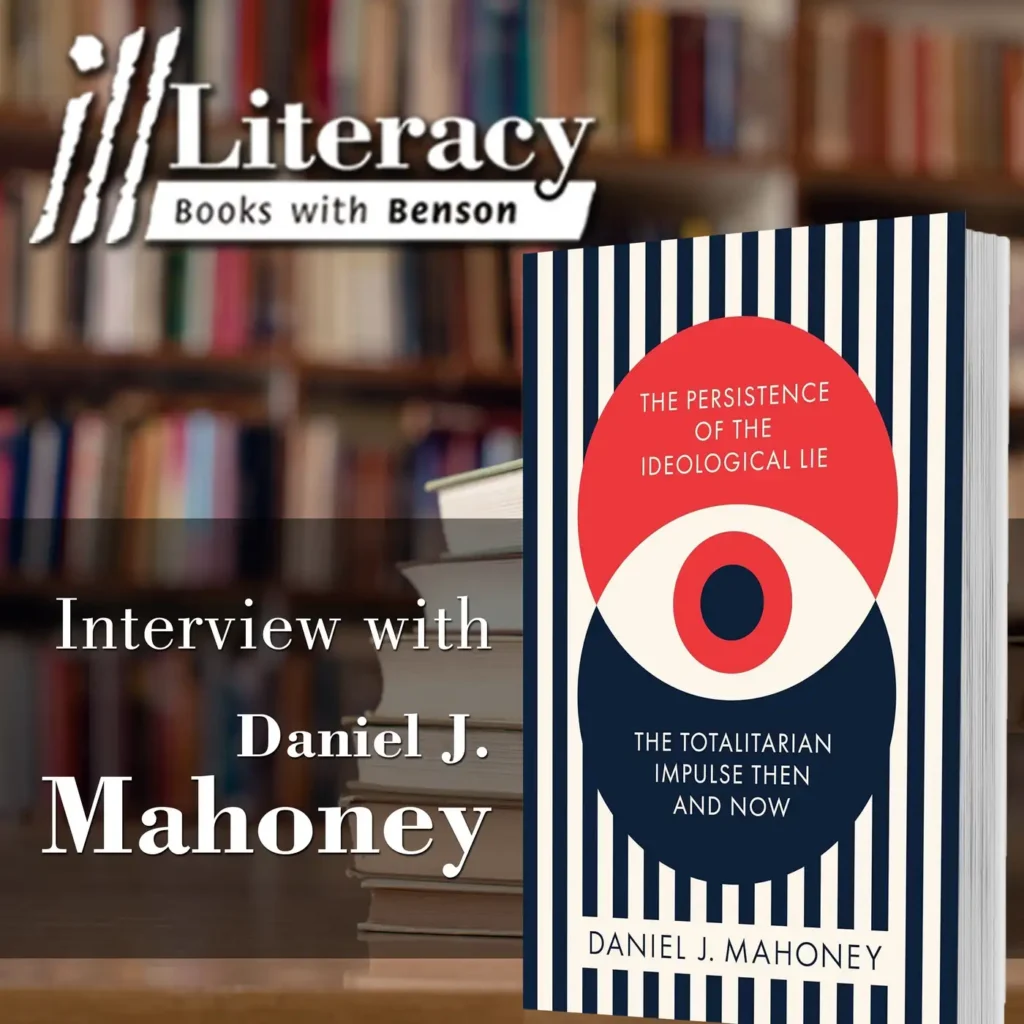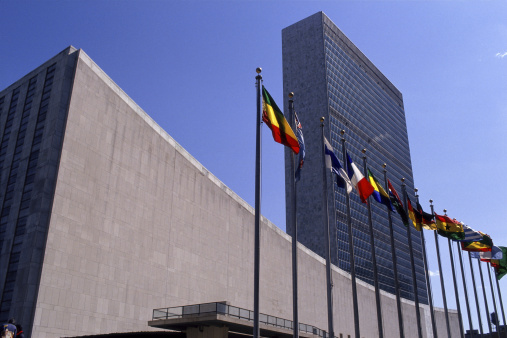The San Antonio, Texas City Council approved an ordinance that will require political campaigns to collect and disclose the names, employers, and occupations of individuals donating $100 or more to candidates running for city office.
The legislation, which took effect on July 1, requires candidates for municipal office to report the personal information of donors to San Antonio’s Office of the City Clerk. The ordinance did not require the mayor’s signature.
Punishing the Powerless
Bradley A. Smith, a professor of law at Capital University Law School and a policy advisor for The Heartland Institute, which publishes Budget & Tax News, says San Antonio’s new campaign-finance rules will facilitate political vigilantism and silence less-powerful people.
“In various states, people have been hounded from their jobs, and by that, I mean their employers have been boycotted or picketed until finally the employer has to fire the person or the person quits,” Smith said. “We live in an era of Twitter mobs, where all kinds of information can be found out almost instantaneously, so I think it’s probably as important as it’s ever been for the ability of people to support unpopular causes and to voice different opinions that are out of the ordinary, without fear of people retaliating against them.”
No Free Lunches
Paul M. Sherman, a senior attorney at the Institute for Justice, says people commonly view campaign-finance regulations incorrectly as all benefits and no downside.
“Too many people view disclosure as a cost-free regulation, and unfortunately, that’s just not the case,” Sherman said. “Any time you impose a new disclosure requirement, you are not just burdening the privacy of people who want to contribute to campaigns, but you’re imposing a new paperwork burden on the campaigns themselves.”
Big Effect on Small Donors
Smith says blanket campaign-finance laws such as San Antonio’s unnecessarily intimidate people who have little political power.
“How many people say, ‘When I make a political contribution, I’m speaking for my employer’?” Smith said. “If we’re talking about the CEO of a big corporation who’s giving $5,000 or $10,000 or something like that, that can be easily found out. If you have somebody who’s an assistant manager at a bank and he writes a check for $100 to a City Council candidate, is this going to help us fight corruption or learn the candidate could be beholden to the banking industry?”
‘No Evidence to Support That’
Sherman says there’s no proof campaign finance restrictions improve political integrity.
“People just take it on faith that these laws produce the benefits their supporters claim, and there’s just no evidence to support that,” Sherman said. “States have a variety of campaign finance laws, and there’s no evidence whatsoever that whether a state has strict or lax campaign finance laws has any effect on the risk of corruption in those states. The question we should be asking is, ‘What are we getting in return for these burdens?’ and the answer seems to be, ‘Not much.”
More Government, More Corruption
Reducing the power of government is the real key to fighting political corruption, Sherman says.
“The fundamental problem with campaign finance law is that it’s looking at the wrong side of the political equation,” Sherman said. “If we want to get the money out of politics, what we really have to do is reduce the size and scope of government.”



